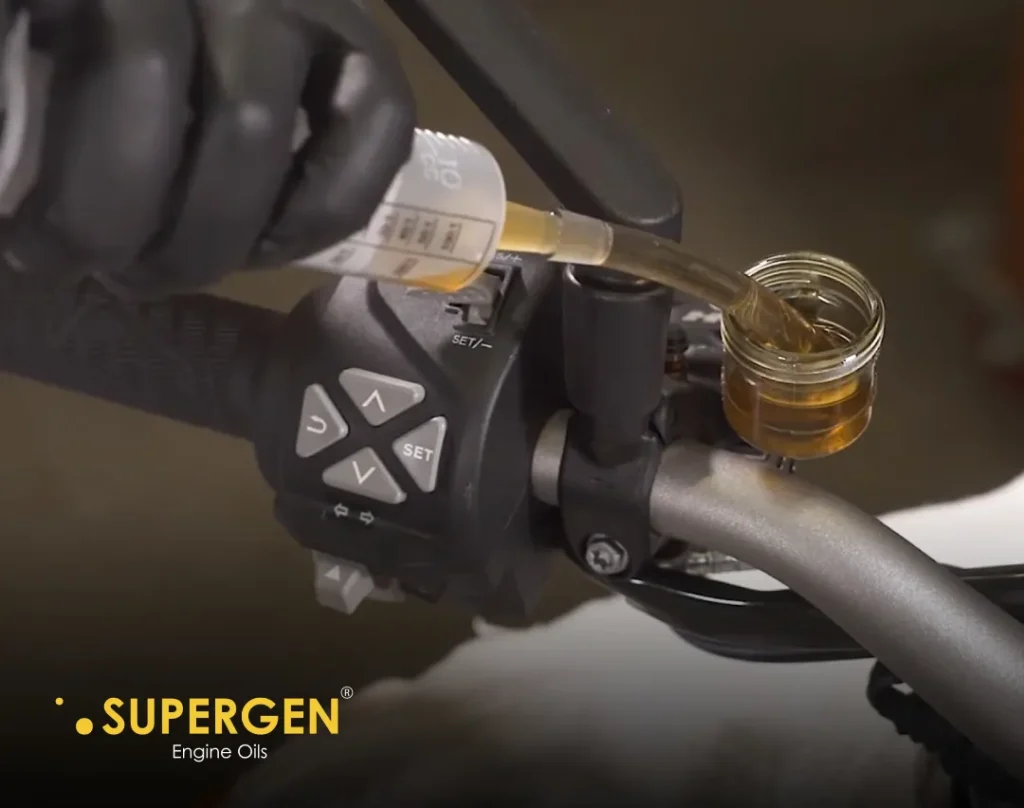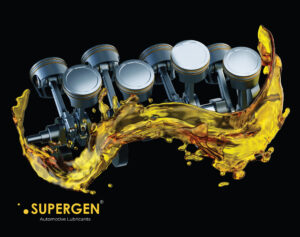Introduction:
Hydraulic clutches play a crucial role in modern automotive and machinery applications, providing a smooth and efficient means of transferring power from the engine to the transmission. One common question that often arises is whether gear oil is used in hydraulic clutches. In this comprehensive blog, we will delve into the intricacies of hydraulic clutches, explore the role of gear oil, and examine the factors that influence the choice of lubricants in these systems.
Understanding Hydraulic Clutches:
Hydraulic clutches operate on the principle of hydraulic fluid transmission to engage and disengage the clutch mechanism. Unlike mechanical clutches that rely on direct linkage, hydraulic clutches use a master cylinder, slave cylinder, and a hydraulic line filled with hydraulic fluid. When the driver presses the clutch pedal, it activates the master cylinder, which then pressurizes the hydraulic fluid. This pressurized fluid is transmitted through the hydraulic line to the slave cylinder, which in turn engages or disengages the clutch.
The Role of Hydraulic Fluid:
Hydraulic fluid is the lifeblood of a hydraulic clutch system. It serves several critical functions, including:
- Transmission of Force: Hydraulic fluid transmits force from the master cylinder to the slave cylinder, enabling the clutch to engage or disengage smoothly.
- Heat Dissipation: Clutch engagement can generate heat. Hydraulic fluid helps dissipate this heat, preventing the system from overheating and ensuring optimal performance.
- Seal Lubrication: Hydraulic fluid lubricates the seals within the master and slave cylinders, preventing leaks and maintaining the integrity of the system.
Gear Oil in Hydraulic Clutches:
While gear oil is commonly associated with transmissions and differentials, it is not typically used in hydraulic clutches. Hydraulic systems, including hydraulic clutches, demand a specific type of hydraulic fluid designed for their unique requirements. Common hydraulic fluids include mineral oil-based fluids, synthetic fluids, and water-based fluids.
The choice of hydraulic fluid depends on factors such as temperature range, viscosity, and compatibility with the materials used in the hydraulic system. Gear oil, designed for the specific lubrication needs of gears and bearings, may not possess the ideal properties required for hydraulic clutches. Using gear oil in a hydraulic clutch system could lead to poor performance, increased wear, and potential damage to seals and components.
Conclusion:
In conclusion, gear oil is not typically used in hydraulic clutches. The intricate design and functionality of hydraulic clutch systems necessitate the use of specialized hydraulic fluids to ensure optimal performance, heat dissipation, and seal lubrication. Understanding the distinct requirements of hydraulic systems and choosing the right hydraulic fluid is crucial for maintaining the longevity and efficiency of these essential automotive and machinery components.








